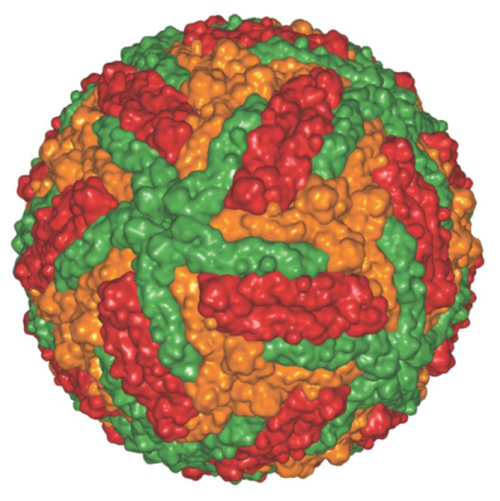Projects
Our research has focused on dengue virus, a pathogen transmitted by mosquitos and endemic throughout the tropical and sub-tropical world. With the recent emergence of Zika virus in the Americas we have expanded our research to include Zika, as Zika and dengue are very closely related. Our particular interest is in viral genetics and evolution and how those factors affect viral fitness, viral pathogenicity and the human immune response to dengue and Zika virus infection.
Research Statement

- • The Messer lab – The Messer is a translational research lab that uses human cohorts and a diverse collection of prototype, clinical, and recombinant viruses to understand the dynamic interplay between mosquito-borne viruses, including dengue, Zika, Yellow fever, and chikungunya viruses, and the long-term human immune response to these viruses. Specifically, we seek to better understand the durability, potency, and breadth of serum and memory B-cell derived antibodies that recognize these viruses following infection and vaccination, with the long-term objective of contributing to more effective vaccine design and deployment strategies and advancing our understanding of the biologic factors that direct antibody mediated immunity to these viruses and the specific mechanisms that govern antibody function against these viruses. We collaborate closely with investigators at the Ponce Research Institute, Ponce Health Sciences University, in Ponce, Puerto Rico for much of our flavivirus research.
• Funding
• R01AI153434 Flavivirus immunity in endemic and non-endemic cohorts
• R01AI145835 Long-term immunity following yellow fever vaccination
• R21AI178617 Immunogenicity of the dengue vaccine CYD-TDV in a dengue virus serotype immune population